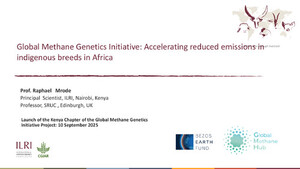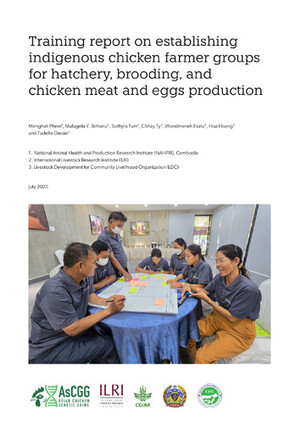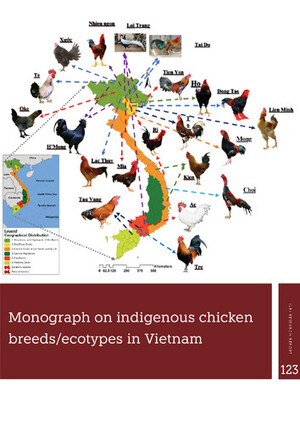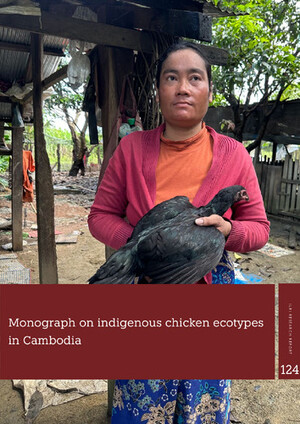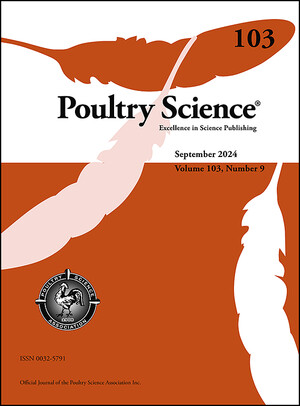
Evaluation of live-body weight and the number of eggs produced for introduced and local chickens in Ethiopia
Abstract
Ethiopia's 60 million chickens are reared primarily in free range, smallholder systems. Therefore, upgrading smallholder poultry to small-scale commercial systems is central to rural development. With the aim of providing access to improved chicken by rural farmers in Ethiopia, the live body weight at week 17 and number of eggs per bird per week for one locally improved and three tropically adapted dual-purpose chicken strains was tested through a project called the African Chicken Genetic Gains. Both traits were analyzed by fitting a linear mixed model with week and pen as random effects, and station and breed as fixed effects. The result showed that both breed and station effects were significant for both traits. The introduced breeds performed better than the local improved breed for both traits. Thus, the introduction of system-appropriate high-yielding tropically adapted breeds has the potential to increase the productivity of chicken.
Citation
Alemu, Setegn W.; Hanotte, Olivier H.; Kebede, Fasil G.; Esatu, Wondmeneh; Abegaz, Solomon; Bruno, Jasmine E.; Abrar, Biazen; Alemayehu, Tesfahun; Mrode, Raphael A.; Dessie, Tadelle. 2021. Evaluation of live-body weight and the number of eggs produced for introduced and local chickens in Ethiopia. Acta Agriculturae Scandinavica, Section A — Animal Science 70: 71-77





